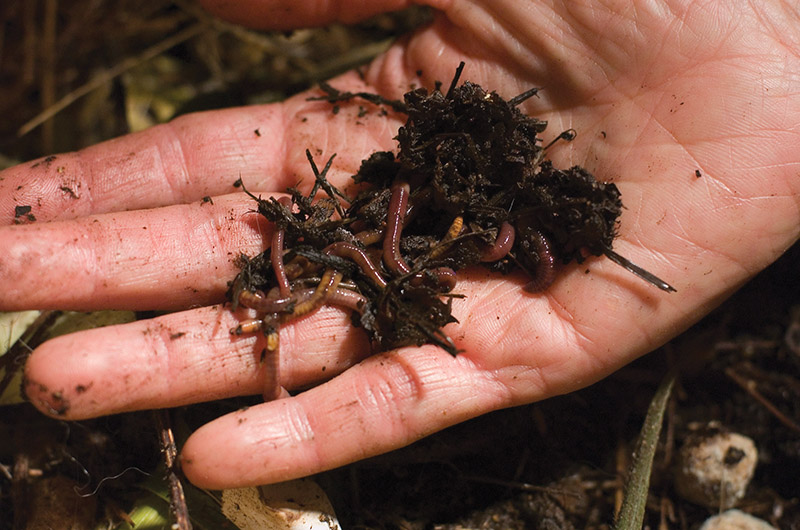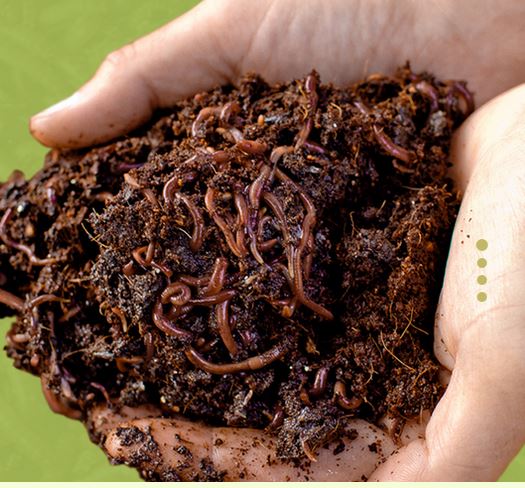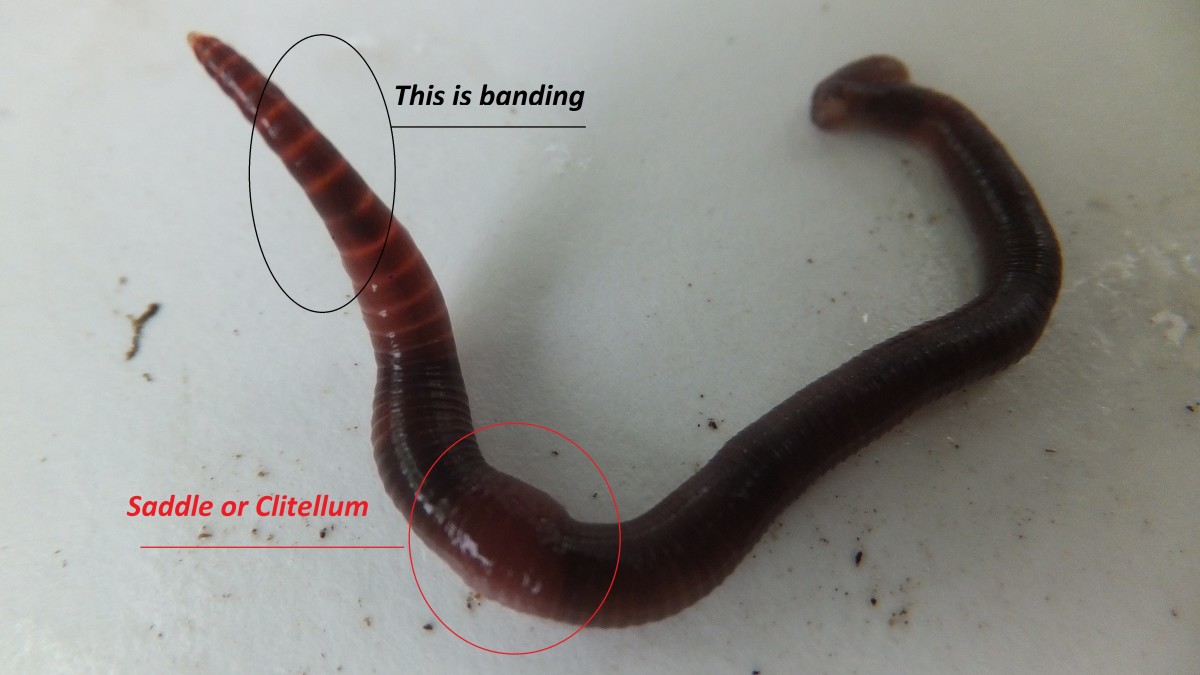Red Wiggler Worms - Crucial for Healthy And Balanced and Efficient Gardens
Red Wiggler Worms - Crucial for Healthy And Balanced and Efficient Gardens
Blog Article
Red Wiggler Worms Demystified: Unlocking the Tricks of Vermiculture for Greener Living and Nutrient-Rich Dirt
In the realm of sustainable practices for improving dirt quality and promoting eco-conscious living, red wiggler worms play a pivotal yet usually ignored role. Red Wiggler Worms. Recognizing the details of caring for these worms, enhancing their atmosphere, and harnessing their castings can lead to a greener lifestyle and much healthier dirt for plants to flourish.
The Duty of Red Wiggler Worms
Red Wiggler worms play a vital role in composting systems by efficiently damaging down raw material right into nutrient-rich spreadings. These ravenous eaters take in a selection of organic materials, such as kitchen area scraps, backyard waste, and paper products. As they feed, the worms' digestive system processes break down the organic matter right into a fine, dark, and nutrient-dense material recognized as worm spreadings or vermicompost.
The spreadings created by Red Wiggler worms are very useful for soil health and wellness and plant development. They are rich in essential nutrients like nitrogen, potassium, and phosphorus, which are important for sustaining healthy and balanced plant growth. Additionally, worm castings contain valuable germs and enzymes that aid boost soil framework, boost water retention, and boost nutrient uptake by plants.
Advantages of Vermicomposting

In addition, vermicompost, the nutrient-rich final result of vermicomposting, works as a superb organic plant food and soil conditioner. It boosts dirt structure, enhances soil aeration, and enhances dirt moisture retention. These homes add to healthier plants with more powerful root systems and much better resistance to conditions and parasites. Vermicompost likewise improves the soil with important nutrients like potassium, nitrogen, and phosphorus, promoting plant growth and total dirt fertility.
In addition, vermicomposting assistances sustainable gardening methods by giving a chemical-free and natural option to artificial plant foods. Red Wiggler Worms. This eco-friendly method not just enhances the soil but also assists minimize dependence on unsafe chemicals, advertising a greener and more sustainable way of gardening
Setting Up a Worm Bin
When establishing a worm bin for vermicomposting, proper setup is essential to make sure the success of the composting procedure. The very first step in establishing a worm bin is choosing an appropriate container. This can be a plastic bin or wooden box that offers sufficient space for the worms to move and has proper drainage holes to avoid waterlogging. Next, a bedding product such as shredded paper, cardboard, or coconut coir need to be included Visit Your URL in the bin. This bed linen supplies a comfy setting for the worms and aids keep dampness degrees.
After including the bedding, present the red wiggler worms to the bin. The worms ought to after that be offered with food scraps such as fruit and veggie peels, coffee premises, and eggshells.
On a regular basis keep track of the moisture degrees and temperature in the worm container to make certain optimum conditions for the worms. With correct configuration and maintenance, the worm container will efficiently transform organic waste into nutrient-rich garden compost for your plants and go to my site garden.
Collecting Worm Castings
To effectively accumulate nutrient-rich worm spreadings from your vermicomposting system, a systematic harvesting method is necessary. When it comes time to collect the worm castings, there are a few crucial actions to comply with to ensure a successful process.

Troubleshooting Common Issues
Identifying and resolving typical challenges that might develop throughout the vermicomposting process is crucial for maintaining a healthy and balanced and efficient worm bin. Including excess food scraps can lead to a build-up of wetness Get More Info and acidity in the worm bin, potentially hurting the worms. Another concern is undesirable odors originating from the worm bin.
Furthermore, if the worm populace is declining or the worms show up unhealthy, maybe as a result of environmental stress factors such as extreme temperatures or pH levels. Monitoring these aspects and making necessary adjustments is necessary for the wellness of the worms. By fixing these usual problems immediately, vermicomposters can guarantee a smooth and successful vermicomposting procedure while preserving a thriving worm populace.

Conclusion
To conclude, red wiggler worms play an important function in vermiculture by breaking down raw material right into nutrient-rich dirt. The advantages of vermiculture consist of greener living and enhanced soil quality. Setting up a worm container is crucial for effective vermiculture, and collecting worm spreadings supplies useful compost for gardening. By understanding and troubleshooting usual concerns, people can unlock the tricks of vermiculture for sustainable living and healthier soil.
As they feed, the worms' digestion processes break down the organic issue right into a fine, dark, and nutrient-dense product understood as worm castings or vermicompost.
The spreadings produced by Red Wiggler worms are very helpful for soil health and plant development. Adding excess food scraps can lead to a build-up of moisture and level of acidity in the worm bin, possibly hurting the worms.Additionally, if the worm populace is declining or the worms show up unhealthy, it might be due to environmental stress factors such as extreme temperature levels or pH levels. Establishing up a worm bin is crucial for effective vermiculture, and harvesting worm spreadings offers beneficial compost for horticulture.
Report this page